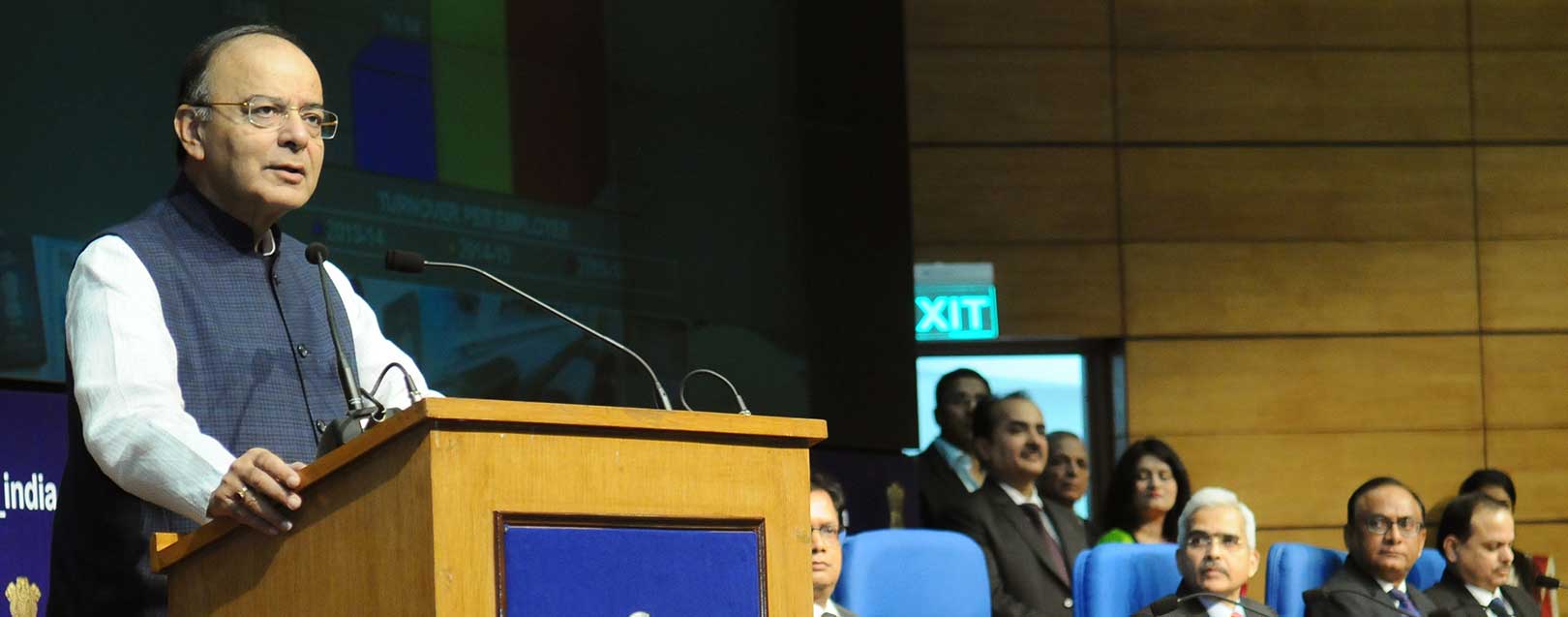
The various nuances of the anti-profiteering law under GST
by Ranjeet Mahtani & Stella Joseph
As companies gear up for the final stages of implementing GST, a crucial exercise which is being carried out is a re-look at the existing contracts and negotiation with vendors from the perspective of alignment of contracts with the GST regulations.
A crucial point of negotiation is for the vendor to pass on all benefits accruing or arising under GST to the recipient. In this context, the legislative backing comes in the form of Section 171 of the Central Goods and Services Tax Act, 2017 (“CGST Act”) which embodies the Anti-Profiteering provisions and the Anti-Profiteering Rules which have been finalised by the GST Council in its 17th meeting held on 18th June 2017.
In terms of Section 171, the vendor is mandated to pass on to the recipient, any reduction in the rate of tax on any supply of goods or services or the benefit of input tax credit, by way of commensurate reduction in prices. Further, the Anti-Profiteering Rules seek to provide the statutory framework to implement the provision. Crucial aspects of the Anti-Profiteering Rules are summarised as under:
Relevant Authorities and Monitoring process: A three-tier monitoring structure is envisaged comprising of a Screening Committee (constituted by each State), a Standing Committee and a National Anti-Profiteering Authority, with the investigation being carried out by Director General of Safeguards. Upon a written request (which can be made by the suppliers/ recipients of the goods/ services in question or Commissioner or any other person) to the Standing Committee, it will decide within 2 months if any profiteering has occurred. If the issue is a local issue, it will first be screened by the Screening Committee, who will thereafter refer it to the Standing Committee. The Standing Committee will thereafter refer the matter to the Director General of Safeguards who will carry out a detailed investigation and submit its findings within three months to the Anti-Profiteering Authority. The Authority will pass its orders within three months from the submission of the report.
Consequences: The Authority can pass the following orders against the profiteering entity (1) order to reduce the price commensurate with the benefit (2) order to return the undue profit earned to consumers along with an 18% interest or if customer is not identified, the profit will be credited to the consumer welfare fund (3) imposition of penalty and (4) cancellation of registration.
Sunset clause: There is a sunset clause incorporated in terms of which the National Anti-Profiteering Authority would cease to exist after a period of 2 years unless the GST Council decides otherwise.
Methodology to determine profiteering: The Rules themselves do not prescribe a methodology/ formula for determining if profiteering has occurred; rather grants power to the Authority to determine the methodology and procedure for determination as to whether the reduction in rate of tax on the supply of goods or services or the benefit of input tax credit has been passed on to the recipient by way of commensurate reduction in prices.
Open issues
The finalisation of the Anti-profiteering showcases the seriousness of the present government to ensure that profiteering does not occur in the GST regime. However, the exact methodology which will be employed to decide profiteering is still unclear i.e. whether this will be evaluated on an individual supply level or on the entity level or what will be the timeframe to undertake the evaluation. The lack of clarity on these issues has resulted in anxiety in the industry, which is worried that these powers may be wielded in an abusive manner. The methodology will be a crucial aspect for the success of Rules; one may learn from experiences from Malaysia, which had adopted a formula based methodology but had to backtrack it within a year (except for few goods).
Other developments:
All States except the State of Jammu & Kashmir have endorsed/ enacted the respective State Goods and Services Tax Act. Further, new registrations will open from 25th June 2017 and for this purpose, the relevant Sections of the GST legislations have been enacted and registration and composition rules have been notified. The date for filing returns for first two months has been extended to September, and at present, there is a requirement to only file summary level details of inward and outward supplies.
With only six days to go before the Go-Live date for GST, business and consumers alike are bracing for impact.








 to success.
to success.